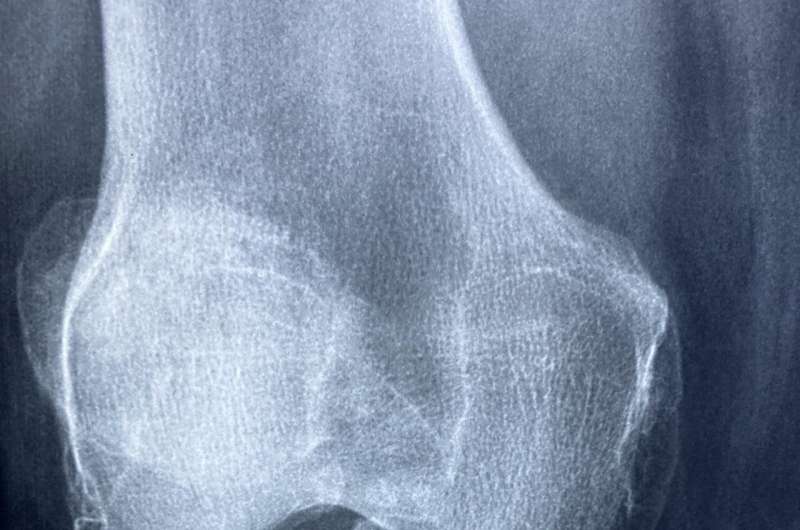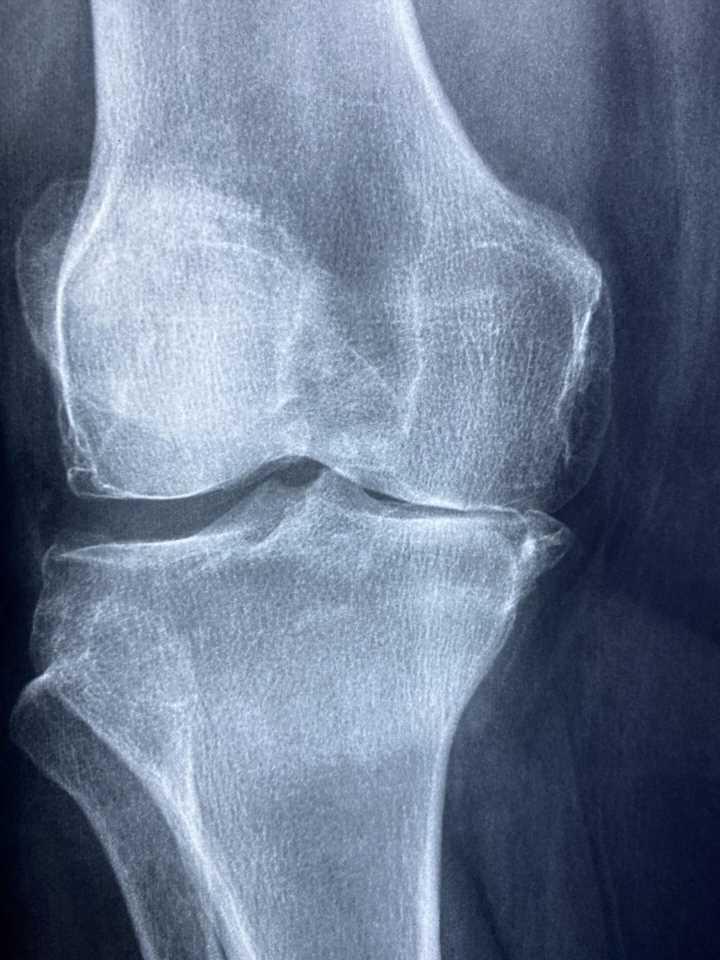
A group of New Zealand health practitioners is calling on the Government to change its approach to the way it cares for people with osteoarthritis, and to do so urgently.
In an editorial published in the Journal of Primary Health Care this week, the group, led by the University of Otago’s Research Professor Haxby Abbott, says hospital waiting lists for joint replacement surgery have been a perpetual problem, but the “extra money thrown at it intermittently has barely kept pace with population growth.”
“In the two years since February 2020, the number of people waiting longer than four months for treatment has more than tripled.
“A large proportion of the surgical waiting lists for elective procedures are musculoskeletal-related problems which are among the greatest cost to the public health system and the largest health burden to the people of Aotearoa New Zealand,” Professor Abbott says.
“There is no doubt that joint replacement surgery is very effective and cost-effective for those that need it, and it’s essential we have capacity to provide enough—but people can suffer the pain and disability of osteoarthritis for many years before some of them reach the point that they need a joint replacement, and up to 80% never reach that point.”
Most people waiting for osteoarthritis care never get it and it’s time for a different approach, he says.
“This means that even when surgery is received, it happens after most of the personal, whānau, community, employment, societal and economic impacts of osteoarthritis have already occurred.
“Put more simply, people wait for decades before, if ever, the system offers any help. There is a virtual absence of publicly funded care for most people who have osteoarthritis. There is a real bottleneck ahead of us, with the population aging and rates of osteoarthritis increasing.”
There is considerable inequity in access to care and outcomes, with research showing that Māori are less likely to be referred for surgical care, and receive lower than expected levels of care than non-Māori.
The solutions to the growing need for osteoarthritis care do not lie in hospitals, but in publicly funded physiotherapy, occupational therapy, dietician support and other allied health professional care, Professor Abbott says.
“Many GPs do not refer people who may benefit from specialist care because of the waitlist and approaches to prioritization.”
“Targeted programs delivered by allied health have been shown to reduce that unmet need dramatically,” he says.
The Ministry of Health acknowledged musculoskeletal disorders as a priority in 2015 and commissioned the Mobility Action Program to pilot new models of care delivered primarily by allied health professionals, but “to date has not acted on the positive evaluation of that initiative,” the group says.
And while the group applauds the Ministry’s recent establishment of a task force to tackle hospital waiting lists, co-author Associate Professor Ben Darlow, of the University of Otago, Wellington, says it is “perplexed” by the absence of experts from allied health professionals and of those involved with research.
“This is a serious omission. We are concerned the taskforce lacks the range of perspectives necessary to consider the heart of the problem, recognize the opportunities, and propose real solutions.”
He says Aotearoa needs a system-wide approach that focuses on prevention and providing equitable planned care, early.
“This would reduce hospital waiting lists and also improve the lives of many other New Zealanders with osteoarthritis who never get the opportunity to wait for hospital care.
“The Health Minister acknowledges that if we approach this problem the same way we always have, we’ll always have the same problem. If the Government is truly serious about funding different approaches to reducing waiting lists, allied health must be at the table at every level of system reform,” Associate Professor Darlow says.
Source: Read Full Article
